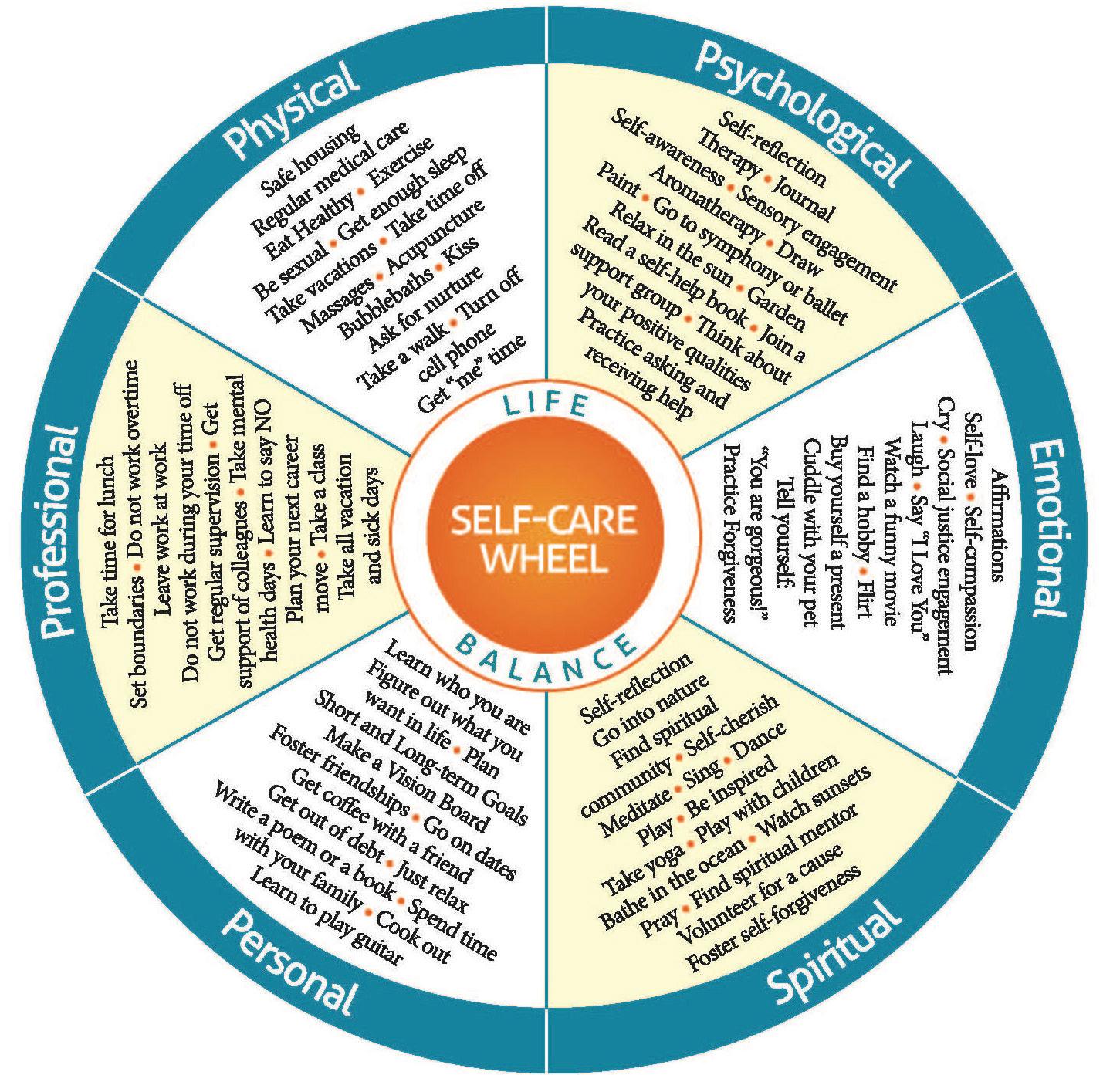
4 minute read
Busting Myths about the STEM Teaching Profession
David May and Wendy K. Adams Get the Facts Out, Colorado School of Mines
Did you know that teachers rate their lives better than all other occupation groups, trailing only physicians?
Advertisement
It’s true. In fact, we in the Get the Facts Out project, GettheFactsOut. org, have discovered a lot of other facts about teaching as a career, some of which might surprise you. Our mission is to share these facts so that people, who might want to become STEM teachers, have accurate information about the profession when making important career decisions.
A teacher's life
Consider the ladder to the right: On which step of the ladder would you say you personally feel you stand at this time?
Gallup asked this question of 172,000 U.S. workers and found that teachers rate their lives better than all other occupation groups, trailing only physicians.
Why do you think teachers rate their lives so highly? We at GFO have been studying this question for the past four years. We have mined data from all over the U.S. and collected some of our own. What we have found is that teacher well-being stems from work-life balance, student and colleague relationships, and financial stability. Teachers work hard but their schedule is a healthy one that allows them time to spend with loved ones and rest. Compared to other jobs you can get with the same degree, teachers have more three- and four-day weekends and holiday breaks including spring break. A key to their work-life balance is that teachers have flexible summers that they can use to travel, learn, spend time with family and friends, and recharge.
“steps” (raises) that teachers are entitled to. This list shows salaries for teachers in years 1, 5, and 15 in four typical districts from around the country (in most places, the steps happen every year).
Mid-career teachers (in their 15th year of teaching) usually make more than the median annual income in each local area.
In addition to these base salaries, there are numerous opportunities for K-12 teachers to earn supplemental income. Unlike college professors, K-12 teachers get additional pay for activities outside their core teaching assignment. Teachers report earning between $2,000 and $15,000 per year for serving as a club sponsor (drama, science, honor societies, etc.) or coach (sports, chess, etc.), or for providing tutoring.
How to find out teacher salaries in your part of the country:
1. Look for your area on GFO’s map: https://getthefactsout.org/ teacher-salary-data/
2. If the data isn’t there, you can request that we find it for you at the link just below the map.
3. Can’t wait? You can often find it with an internet search for “teacher salary schedule” and the names of local school districts.
Since teacher contracts are just for the school year (9-10 months), many teachers choose to get a summer job. We know teachers who work at national science labs, take students on guided tours to places like the Everglades, or work at a local zoo. Other teachers choose to use flexible summer schedules to enjoy time with their family and friends.
Bachelor's degree Master's degree
First year 5th year 5th year 15th year
Let's talk salary
Did you know the middle 50% of mid-career teacher salaries ranges between $60,000 and $100,000, nationally?
That’s mid-career salaries. The middle 50% of starting salaries for teachers with no experience and only an undergraduate degree range from $40,000 to $61,000. That is quite competitive with other jobs you can get with the same degree plus teaching has more negotiated breaks, including summer.
Most teachers get guaranteed, pre-determined raises every year. Every district has a “regular salary schedule” that outlines the
What about college teaching?
Teaching college is a great career too, but it turns out that grade 7-12 teachers do as well as college teachers, and often better. In the beginning years, secondary teachers and college teaching faculty make similar base salaries. By the 15th year, secondary teachers have received enough guaranteed raises to outpace the typical college teacher. The difference is even more pronounced if you include the supplemental pay that K-12 teachers often earn. (College positions rarely have the opportunity for supplemental pay.)
The only area where we really see college outpacing secondary is for the tenure-track faculty predominantly in departments that grant doctoral degrees. Tenure-track faculty usually have minimal teaching responsibilities and focus mainly on research, writing papers, and applying for grants.
What about retirement?
Did you know? Most teaching jobs have better retirement benefits than other jobs you can get with the same degree. Not only that, but on average, teachers in the U.S. retire at age 59 compared to age 63 for all occupations.
Consider this example from the Denver area, where the largest source of STEM graduates is the Colorado School of Mines. A major local employer of these graduates is Lockheed Martin.
Lockheed pays a higher starting salary than school districts in the area but contributes much less to an employee’s retirement benefits. In fact, if you add the salary and retirement benefits to get total compensation, both the Lockheed engineer and the teacher (with the same college degree) make the same in their first year (about $70,000). By the 15th year, the total compensation is larger for the teacher.

Paid days off is another benefit where teachers come out very well. The Lockheed engineer would get 10-40 days off each year (depending what type of work schedule they were given), while teachers get 75-109 days off.
You can learn more about teacher benefits here: https://getthefactsout.org/teacher-retirement-plans/ Other benefits of teaching
Did you know?
• There are student loan forgiveness programs and scholarships for math and science teachers.
• You can get a job almost anywhere in the U.S. or abroad as a science or math teacher.

• Behind every advance in medicine or technology is a teacher who left a lasting impression
You can find out more about these facts, explore the teaching profession, and look up teacher certification programs on the GFO website here: https://getthefactsout.org/prospective-teachers/





